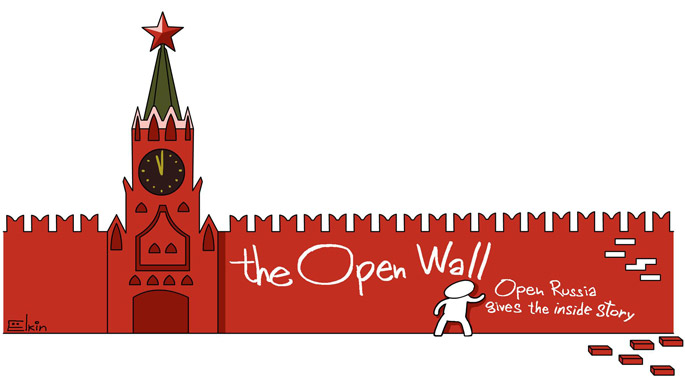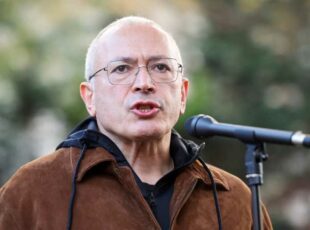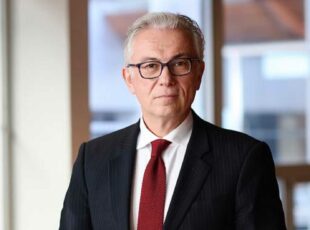Yekaterinburg for the weekend
Yekaterinburg for the weekend
Who wants to go to Paris for the weekend, when you can go to Yekaterinburg …

Moscow is discovering Russia for itself all over again. At the end of the 00s the new generation of the middle class, following in the footsteps of young Bohemian café society, started visiting cities near the capital. This was described, somewhat patronisingly, as “visiting Rus” [ancient name for Russia], a kind of down-market tourism, a journey of a few hundred kilometres, but one which takes us back many years. The metropolis, with its fashionable art facilities and contemporary cafés was left behind: the bearded young and trendy found themselves, with very mixed feelings, back in their post-Soviet childhood. On the one hand, their visits to their fellow countrymen were not unlike colonialists visiting savages, but on the other, they remembered that this was where they themselves had come from: the same standardised prefabricated buildings, with carpets hanging on the walls, and the empty shelves in the grocery stores.
The liberal intelligentsia, which has grown up a bit and had time to reflect on the fiasco of the 2011 protests, gradually found that the nostalgia for their childhood mixed in with Moscow snobbery had simply become a warm feeling about the 90s. In September 2015, the new Zeitgeist came into its own in “Island of the 90s,” a festival organised by the culture portal Colta.ru. More importantly, the social network meme, originally devised as a teaser for an event, went far beyond that, attracting tens, or hundreds, of thousands of people, with its fashionable “stars.”
The idea was simple: share a photo from the 90s. For the majority, these were childhood or teenage snaps, evoking feelings that were uniformly heartwarming and rosy. The culture editor of the business newspaper Vedomosti– and he wasn’t the only one – wrote at the time that this festival had struck at the very heart of the “freewheeling 90s” myth, which has been actively promoted by Russian state media for many years.

It appears that the 90s were not only about bandits and shoot-outs, but a time when many people were happy. We suddenly remembered that in Russia, until quite recently, one could laugh at the president on TV or write whatever one liked in the newspapers; and the election results were not known a long time before the election.
In 2015, this counter-narrative also acquired its own centre – the Yeltsin Centre in Yekaterinburg. It can hardly be described as ‘underground’ as it is completely official: its opening was even attended by Vladimir Putin and Dmitry Medvedev, who stood next to their predecessor’s widow on the platform, and muttered kind words about him through clenched teeth. But the Centre is building up a narrative, which essentially destroys the basis of the Putin myth – that he saved Russia from itself.
When “Island of the 90s” came on tour to Yekaterinburg, no one was surprised. Two historical halves had at last come together again – and the Yeltsin Centre was one of the festival’s sponsors.
Facebook pages were full of photos and check-ins from Yekaterinburg. It looked as though the whole of Russian café society had turned up; and this society usually has a pretty good feeling for this kind of thing – finding the truth in a sea of lies.
Yekaterinburg has now put itself firmly on the map as a weekend destination for middle-class Muscovites, after Petersburg, Nizhny Novgorod and Kazan. Low-cost airlines provide cheap tickets and easy flights; and the past few years have seen the growth of eating out and entertainment there.
For hipster weekenders, the Yeltsin Centre is a must-visit destination. Many fly to the capital of the Urals just to see the superb museum complex, and then discover to their surprise that there are all sorts of ways of having a good time in the city. Yekaterinburg also has an opposition mayor who describes his every step on Facebook. Before one’s very eyes the city is becoming the guardian of an independent, if not quite a liberal, identity; a memory of our not too distant past, which the Kremlin propaganda machine cannot reach.




